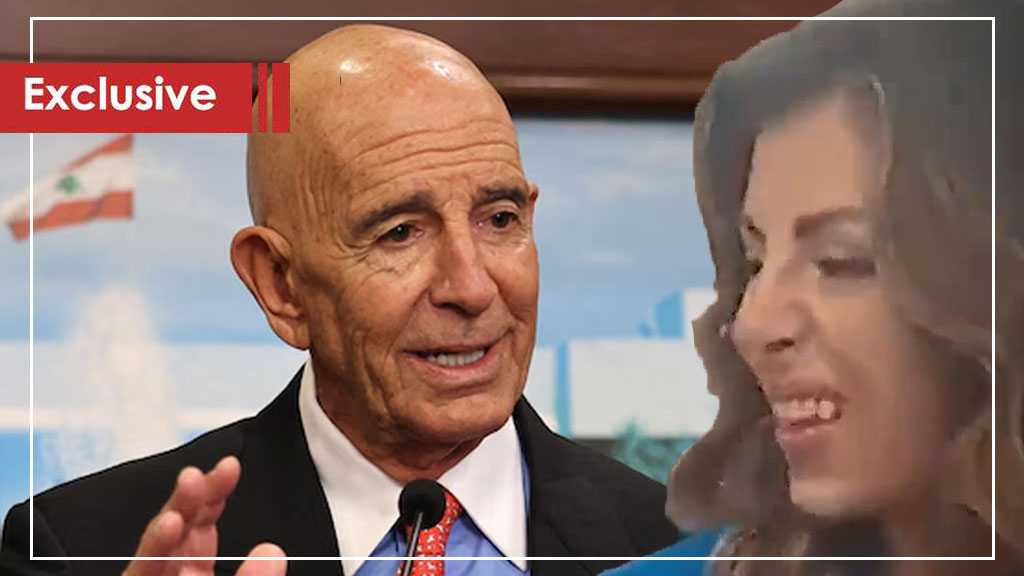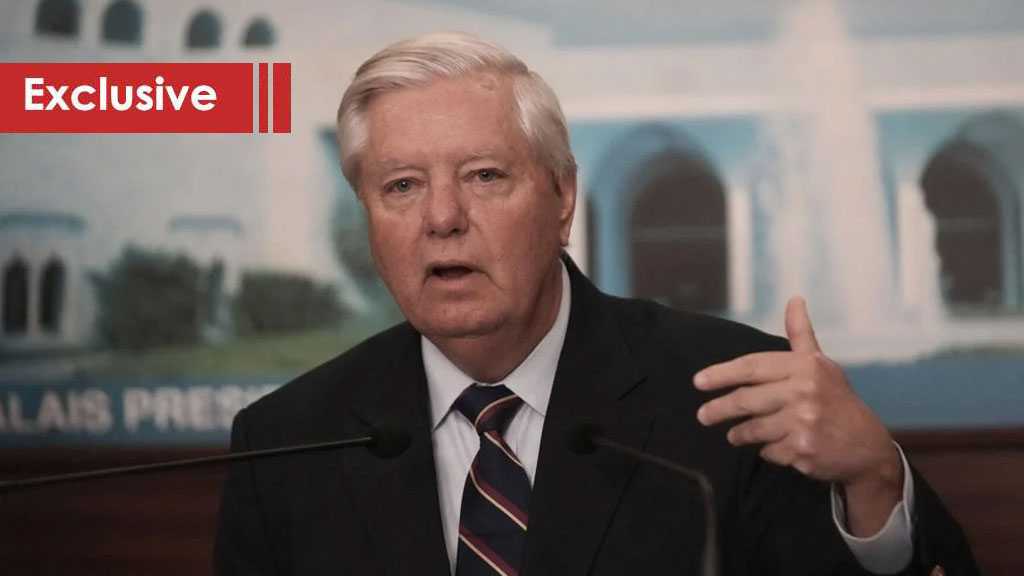
The Trump-Netanyahu Split: Is the Honeymoon Over?

By Mohamad Hammoud
Lebanon – For decades, the relationship between American presidents and “Israeli” prime ministers has been a complex dance of alliance, pressure, and manipulation. Few pairs have embodied the so-called “special relationship” more than Donald Trump and Benjamin Netanyahu. Yet as Trump’s second term unfolds, the once-celebrated honeymoon between the two leaders has soured, revealing deep rifts and clashing ambitions. More notably, it has exposed a rare moment when a US president appears willing to challenge the entrenched influence of the “Israeli” lobby.
Is Trump truly different from his predecessors, or will he, like those before him, ultimately yield to "Israeli" interests?
From Political Soulmates to Strategic Rivals
Trump’s first term was marked by unprecedented pro-"Israel" moves: recognizing Al-Quds [“Jerusalem”] as "Israel’s" so-called capital, relocating the US embassy, brokering the Abraham Accords, and withdrawing from the Iran nuclear deal. These moves strengthened Netanyahu’s standing domestically and internationally, helping him maintain his position amid corruption allegations.
Yet beneath the surface, tensions simmered as Trump’s transactional “America First” approach clashed with Netanyahu’s preference for incremental regional dominance. This was compounded by Netanyahu’s reluctance to make bold moves on Palestinian peace or Saudi normalization, which frustrated Trump, who sought legacy-defining achievements.
The Split Unfolds: Trump’s Frustration and Netanyahu’s Calculus
Facing pressure from his right-wing base and coalition partners, the embattled Netanyahu refused to accept a ceasefire or make the concessions needed to advance normalization with Saudi Arabia. This stance reportedly frustrated Trump, who grew increasingly wary as he observed Netanyahu attempting to manipulate US policy through back channels and public pressure campaigns. In response, Trump’s team began sidelining Netanyahu on key issues.
First, they engaged in nuclear talks with Iran without consulting the "Israeli" prime minister-a move that blindsided Netanyahu. Then came the sudden ceasefire agreement with Yemen’s Houthi rebels, announced just days after an Ansarullah missile strike shut down "Israel’s" Ben Gurion Airport.
Perhaps the most significant blow to Netanyahu is Trump’s apparent willingness to proceed with a US-Saudi defense pact without conditioning it on Saudi-"Israeli" normalization-a key "Israeli" diplomatic objective. Under Biden, such a deal was explicitly tied to "Israeli" concessions on Palestinian statehood. This signaled a shift in US policy that prioritizes American interests over unconditional "Israeli" demands. For the first time in years, "Israel" found itself excluded from major American diplomatic initiatives.
Standing Up to the “Israeli” Lobby: Rhetoric or Reality?
This rupture raises a central question: Is Trump truly prepared to stand up to the "Israeli" lobby and chart an independent course, or will he ultimately succumb to the familiar pressures that have shaped US Middle East policy for generations?
Historically, American presidents have struggled to resist "Israeli" manipulation. From Lyndon Johnson’s cover-up of the USS Liberty incident to Bill Clinton’s deference to AIPAC during the Oslo process, and Barack Obama’s reluctant capitulation on settlement expansion, the pattern is clear. The "Israeli" lobby, through campaign contributions, media influence, and Congressional pressure, has ensured that even the most powerful US leaders rarely cross "Israel’s" red lines.
Trump, however, is different in style if not always in substance. His willingness to break diplomatic norms, his disdain for being seen as weak or manipulated, and his obsession with legacy have made him less predictable-and potentially less pliable-than his predecessors. By openly expressing frustration with Netanyahu and threatening to move forward on regional deals without "Israeli" consent, Trump has, at least rhetorically, challenged the old order.
Why Trump Still Can’t Afford to Make "Israel" Mad
Even in his final term, Trump remains under significant pressure from "Israel." Several factors keep him tied to the pro-"Israel" consensus.
Legacy and Reputation: Trump knows history will judge him harshly if he breaks sharply with "Israel." Influential media and political figures could portray such a move as a betrayal of a key US ally, overshadowing his other achievements.
Political and Financial Networks: Trump’s political and business interests-and those of his family-are still active. The pro-"Israel" lobby wields vast influence beyond elections, shaping politicians’ fortunes long after they leave office. Alienating these networks could harm Trump’s post-presidential ambitions.
Party and Congressional Support: The Republican base and Congress are overwhelmingly pro-"Israel." Trump needs their backing to maintain influence and advance his agenda. Any perceived betrayal risks legislative pushback or party revolt.
Personal Image: Trump has cultivated a reputation as a “friend of ‘Israel’” and is reluctant to undermine this brand.
Geopolitical Strategy: Trump may see "Israeli" pressure as leverage in broader Middle East negotiations, preserving influence with Iran and Gulf states.
Media Environment: American media, especially conservative outlets, strongly support "Israel." Open conflict would ignite a media firestorm, distracting from Trump’s priorities.
In sum, while Trump’s final term offers more freedom, the structural power of the "Israeli" lobby still constrains his ability to break decisively from "Israel’s" interests.
Risks and Realities: Will Trump Hold the Line?
Recent events suggest Trump is walking a tightrope. While he has publicly rebuked Netanyahu, excluded him from some negotiations, and cut direct talks, he has not fundamentally altered US military aid, diplomatic protection at the United Nations, or the broader strategic partnership. The administration’s willingness to negotiate with Iran and pursue a ceasefire in Gaza without "Israeli" input is notable, but it remains to be seen whether Trump will follow through when push comes to shove.
Conclusion: A Test of American Independence
The split between Trump and Netanyahu is more than a personal feud; it is a test of whether an American president can break free from decades of manipulation and chart a truly independent course. The stakes are high-not just for the two leaders, but for the future of US foreign policy, the prospects for peace in the Middle East, and the integrity of American democracy itself. Whether Trump will rise to the occasion or revert to the familiar patterns of capitulation remains to be seen. What is clear is that the honeymoon is over, but even with the public rift, Trump cannot afford to make "Israel" mad at him. The world is watching to see if this president will finally stand up to the forces that have too often dictated American policy from afar, or whether the structural realities of American politics will once again ensure that "Israeli" interests remain untouchable at the highest levels of US power.



